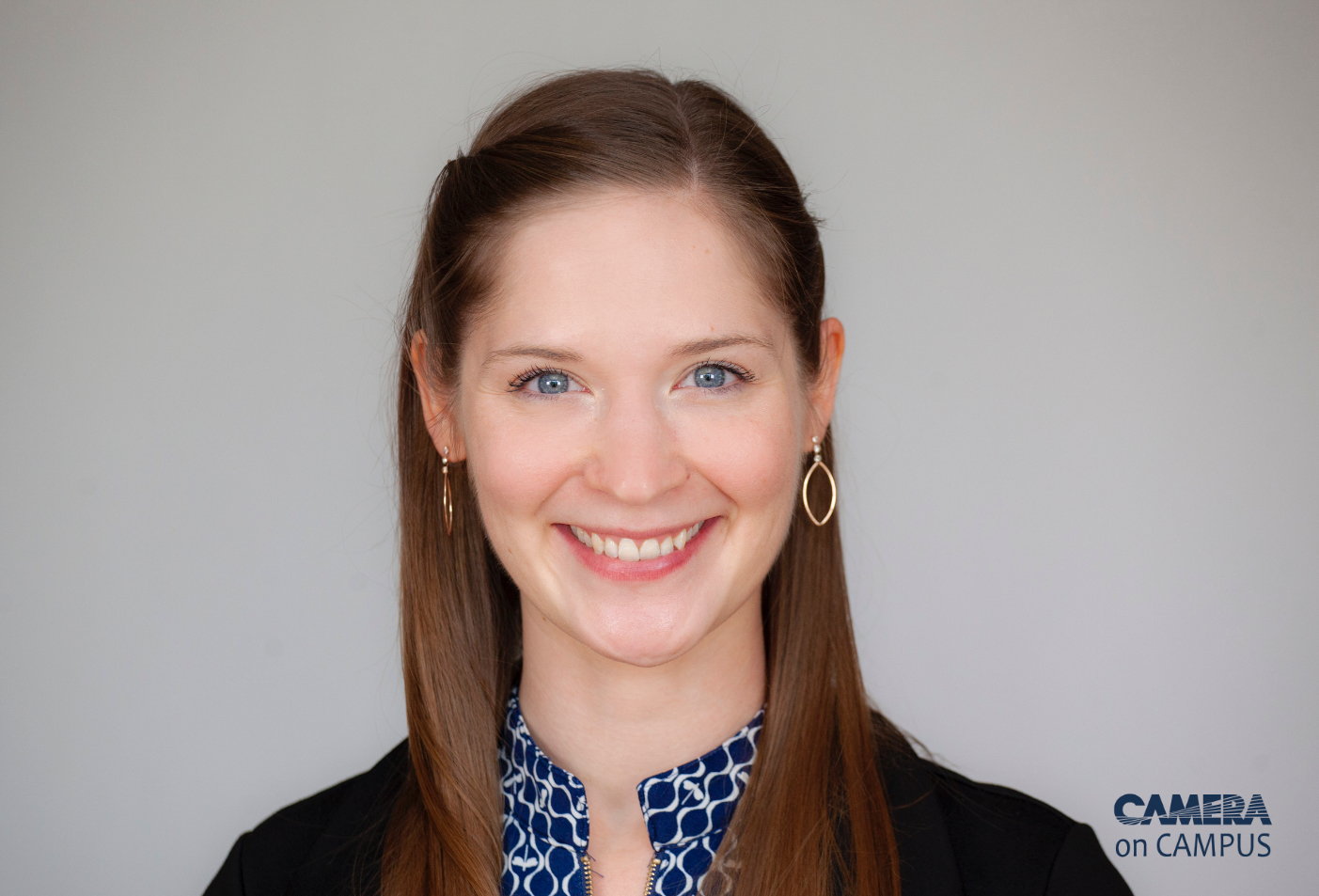
Every year, Elon University celebrates the academic achievements of its students by highlighting some of the undergraduate research that has been painstakingly gathered, organized, and presented to its professors and student body. However, this year, the content of one project took me aback.
The research offered by one student, a graduating senior, was an analysis of intergenerational narratives of violence among marginalized Argentinian and Palestinian women. The intent of the project itself was a valid and commendable effort to bring women’s narratives of violence, which have historically been marginalized or completely ignored, to public attention. However, there were aspects of the Palestinian narratives presented in the senior’s research that I found troubling.
For example, they presented their research in such a way that either skewed or completely ignored well-documented facts about Palestinian society and its relationship to Israel. For example, as they shared the stories of the various Palestinian women, the grieving women were exclusively portrayed as victims of Israeli oppression who had lost their children during acts of “resistance.” The word “resistance” itself is a loaded term that serves as a common language between anti-Israel activists (such as the inherently antisemitic BDS campaign) and Islamic extremists that attempt to pass off political delegitimization, discrimination, and terrorism against Israelis as legitimate tools of Palestinian nationalism.
Under this repressive cause, Palestinian mothers are encouraged to support the “martyrdom” of their children, an internal social pressure that is evidenced by the well-known fact that the PA allocates a portion of the money it receives from international aid specifically for the families of terrorists. This practice has earned the moniker “pay to slay” among Israelis for taking the lives of hundreds of innocent civilians. The Elon senior excluded this societal backdrop and instead chose to depict the women’s narratives of grief and “resistance” as heroic and commendable while Israel’s attempts to protect its citizens from acts of terrorism were portrayed as impersonal acts of oppression.
“…they presented their research in such a way that either skewed or completely ignored well-documented facts about Palestinian society and its relationship to Israel.”
The choice to avoid any mention of the cultural conditioning that Palestinian women faced within their society was an interesting decision given the recent international condemnation that the PA has received for its violent indoctrination of children. In February of this year, the UK announced that it was going to review its funding for the UN refugee agency that sponsored Palestinian schools because the curriculum within these institutions actively promoted terrorism.
In April, it was reported that one Palestinian teacher included a video that praised a 1978 terrorist attack against civilians (an event that included the brutal killing of 13 children) in a lesson for fifth-graders. Even more recently, the EU passed a resolution that condemned the violent content of Palestinian educational materials. These attitudes of violence within the culture were cast aside in the senior’s presentation in favor of the Palestinian narrative of victimhood that whitewashed acts of terrorism.
Although the skewed perspective of the ongoing Israeli-Palestinian conflict within the project was not surprising given the source base, the repetition of language that actively delegitimized Israel’s right to defend itself against terrorism was still disturbing. The fact that the project itself was featured prominently on the university webpage was even more concerning. If we as students of Elon perpetuate information that obscures the reality of the issues at stake, we are contributing to the problem and not the solution.
Contributed by 2019-2020 Elon University CAMERA Fellow Candace Hall.

